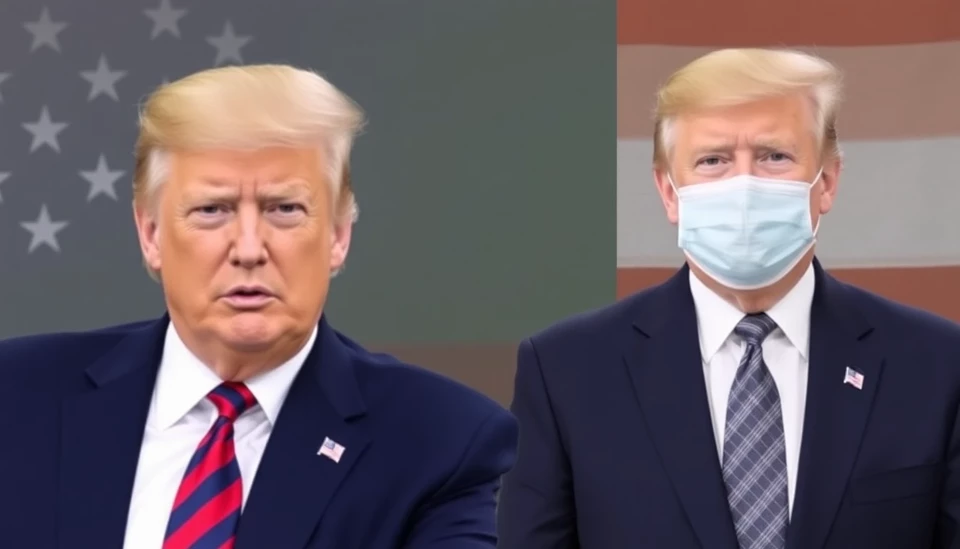
In a bold and strategic move, former President Donald Trump has outlined his vision for a "Tariff Liberation Day," set to reshape trade relations and economic policies in the United States. This initiative aims to strategically eliminate or drastically reduce tariffs on various imports, focusing on specific sectors to stimulate growth and enhance competitive positioning against international counterparts.
Targeting industries such as electronics, automotive, and agriculture, Trump envisions a focused approach rather than a blanket tariff reduction. This strategy aims to incentivize US production while making imported goods more affordable for American consumers. Trump's campaign asserts that these changes will contribute to lower prices for everyday goods, reignite economic activity, and create an environment where American businesses can thrive by leveraging improved access to cost-effective materials.
The proposal represents a significant shift from the previous administration's broader trade policies, marked by protectionist measures to shield domestic industries from foreign competition. Trump’s approach is rooted in his belief that a targeted liberation of tariffs will boost trade volumes and expand market opportunities for American exporters as retaliatory tariffs are relaxed.
According to Trump’s team, the initiation of "Tariff Liberation Day" will not only benefit consumers but is also designed to foster a more dynamic economic landscape by empowering businesses to scale operations without the burden of excessive tariffs. The implications of this strategy could lead to enhanced market competitiveness for US-based firms, especially in sectors that have historically struggled under previous trade arrangements.
This announcement has received mixed reactions from industry leaders and economic analysts. Supporters argue that the targeted reduction of tariffs could drive innovation and economic expansion, while detractors caution that this shift might lead to unforeseen consequences that could undercut American jobs, particularly in sectors less equipped to deal with foreign competition.
The discussion surrounding tariffs and trade policies is expected to intensify as the 2024 presidential election approaches, with Trump positioning himself as a champion of free trade and economic revitalization. Observers will be closely monitoring how this potential policy change aligns with the broader economic goals of the upcoming election cycle.
As Trump prepares to roll out the specifics of his Tariff Liberation Day, stakeholders across various industries are urged to evaluate how these changes might impact their operations and long-term planning. Whether this initiative can garner the necessary political and public support will remain a crucial determining factor in its future implementation.
In conclusion, Trump's proposed Tariff Liberation Day could mark a significant turn in America's trade approach, reflecting a mixture of political calculation and economic strategy as the country gears up for a critical electoral season.
#TrumpTariffLiberation #EconomicPolicy #TradeRelations #FreeTrade #USBusiness #2024Election #Tariffs #EconomicGrowth
Author: Laura Mitchell




